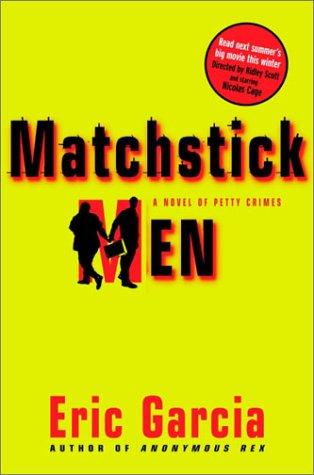
This is good news and bad news, hello and I-shall-soon-be-going, and altogether not anywhere near so dramatic as I've just made it sound. But let us take the good first, shall we? I've finished, as promised,
The Manticore; I've completed, at least two weeks later than I should've, my belated celebration of Canada Day (that's the first of July, and you'll find it mentioned in several earlier posts). However long it took me (and it wouldn't have taken anywhere near this long had I not repeatedly distracted myself by reading comic books, only a small sampling of which are actually reviewed here), I'm glad that I've finally sampled Robertson Davies.
The Manticore was a good book, and the writing was so fine, indeed, that while only halfway through I stopped at a used bookstore in order to check whether or not I could pick up the rest of the Deptford Trilogy (of which
The Manticore is the middle book [although, as its cover blurb assures us, one need not read the trilogy in any particular order. Apparently, the three books are about, in some way or another, the impact of single event on multiple lives: a child ducks a rock-filled snowball, and it hits an innocent bystander instead], and perhaps the best-known, even if not [according to what little I've read online] the best overall [which may well be
Fifth Business, the opener, although I can't say at this point]); I couldn't, but the point is that I was inspired enough to try. In essence,
The Manticore is the story of David Staunton's really-rather-humdrum life, only the story is told almost exclusively through the Staunton's conversations with his Jungian analyst, following a breakdown after Staunton's father dies under mysterious circumstances. It's this interesting and, to my experience, unique narrative lens that adds real interest to the story--that, and Davies's obvious talent as a writer (plus, for Canada-philes like myself, the particularly Canadian nature of the story and storyteller both). Davies exemplifies a particular type of writing not often seen--it retains its sense of humor, without being humorous (or, as Davies would write, "it retains its sense of humour without being humourous."), a task more difficult than it might seem. Nabokov comes to mind, and, oddly enough, Orwell, in particular
Keep the Aspidistra Flying. To write humorously and with a sense of humour isn't necessarily easier, but it's easier to call--Woody Allen, Kurt Vonnegut, Mark Twain, etc. Of course, one can also be humorous but lack a sense of humor, as the "comedy" of, oh, a Dane Cook more than adequately illustrates (I'm not trying to be arch, I just don't like Dane Cook; that alone doesn't make me unforgivably highbrow). Alright: so I really did like this book. An A grade, if not an A+ (well, no...not an A+. Let's just call it an even A). But I haven't even touched on the bad news, which is this: I'm not going to be showing up here, so frequently. I'll be, gasp, working, albeit only on a temporary basis. But I'll be working a
lot on a temporary basis, and thus reading significantly less. As to what I'll be reading, that remains to be seen. Mario Puzo's
The Godfather is in the running, since it won't exact the same sort of raised eyebrows from co-workers that, say,
In Search of Lost Time (not in the running) might, or even John Kenneth Galbraith's
Annals of an Abiding Liberal (that one is in the running). Also up there: Neil Gaiman's
American Gods, only the paperback edition I have is in such nice condition I hesitate to subject it to the beating it'll surely get at work. Anyway, we'll see. Perhaps I'll be able to publish something trite here in the mean time, like a well-intentioned list (I've already got one, somewhere, of my favorite vampire stories), or reprints of old columns, although that'd be quite a cop-out, wouldn't it?


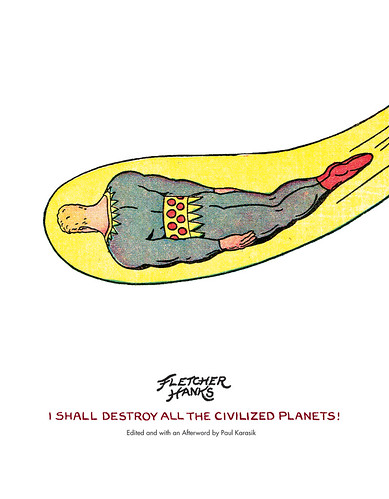
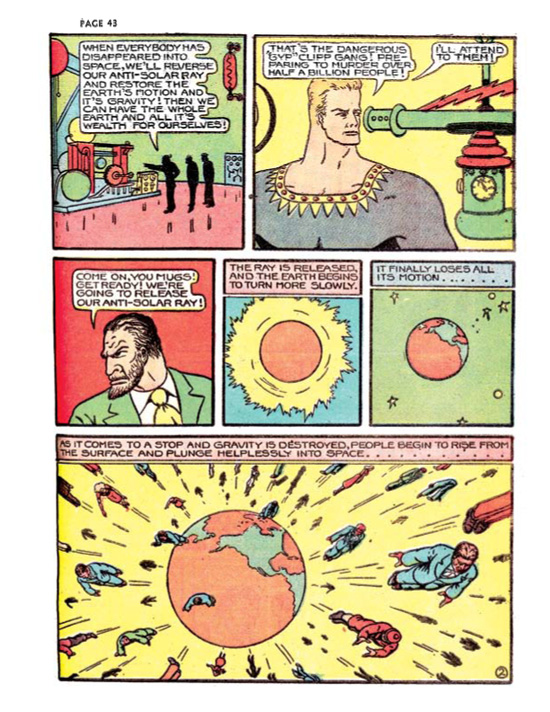

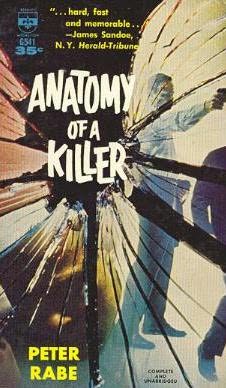





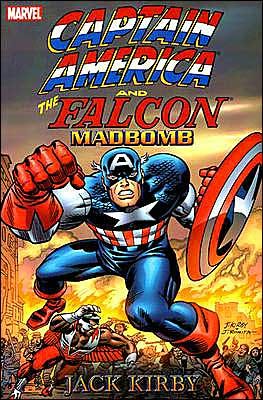



 Under normal circumstances, at least half the point of book reviews is that they’re timely. Once a book’s been out for a couple years, you can usually assume that it will already have flourished or failed on its own merits.
Under normal circumstances, at least half the point of book reviews is that they’re timely. Once a book’s been out for a couple years, you can usually assume that it will already have flourished or failed on its own merits.